
In the narrow streets of Stamford Hill, where Hasidic men in black hats and women in long skirts are a common sight, a storm is brewing over the education of their children.
A new report, released Monday by the Jewish charity Nahamu, has thrust the insular world of Charedi education into the national spotlight.
The 27-page document, endorsed by Baroness Estelle Morris and Baroness Tessa Blackstone, paints a stark picture of educational deprivation, particularly for Charedi boys. According to the report, many teenage boys attend unregistered yeshivahs where secular subjects are virtually non-existent, leaving them "functionally illiterate in any language" other than Yiddish and rudimentary Hebrew.
According to the report, in some of the registered Chasidic boys' primary schools, secular learning is often limited to just 45 to 60 minutes a day, with some receiving no secular instruction at all. These claims have been vehemently disputed by community representatives.
Yehudis Fletcher, the Charedi founder of Nahamu, sees this as nothing short of a crisis. "We need an educated community that can advocate for itself," she said in an interview. "Every child deserves access to the best education."
But many within the Charedi community view the report as an attack on their way of life. A spokesperson for Chinuch UK, a representative body for Charedi schools, slammed the report as "deeply disappointing, biased and inaccurate" adding that "There is excellent work happening in Charedi schools, of which the community is rightly proud," pointing to a recent survey that found high satisfaction rates among Charedi parents regarding their children's education.
The report goes beyond academic concerns, also mentioning a "long-standing tradition of corporal punishment" in some schools, justified by the biblical proverb "spare the rod, spoil the child." Community members, however, insist that such practices are relics of the past.
The controversy comes at a time when the British government is considering new legislation to address unregistered schools. The proposed Children's Wellbeing Bill, set out in the King's Speech, calls for a register of homeschooled children and stronger powers for Ofsted to inspect unregistered schools.
A Department for Education spokesperson confirmed that the bill will require councils to "have and maintain registers of children not in school, ensuring fewer young people slip under the radar."
For their part, Charedi community leaders argue that their educational system, while different, produces well-adjusted and successful individuals. They point to the community's low crime rates and strong family values as evidence of their success.
"The cross-curricular nature of kodesh [Jewish] subjects means that other subjects are covered in what is referred to as 'religious studies'," explained a Charedi community member.
For now, as boys in side curls continue to pour over ancient texts in the yeshivas of North London, the question remains: In a rapidly changing world, can this insular community maintain its traditions without leaving its children behind?





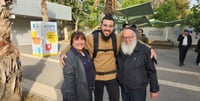

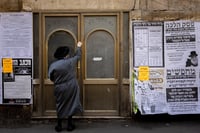






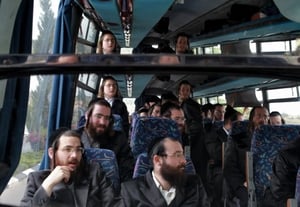


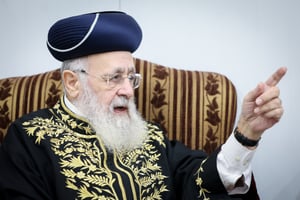







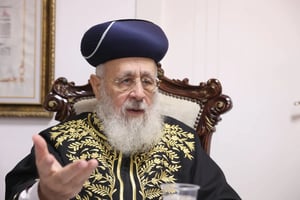
1 Comments